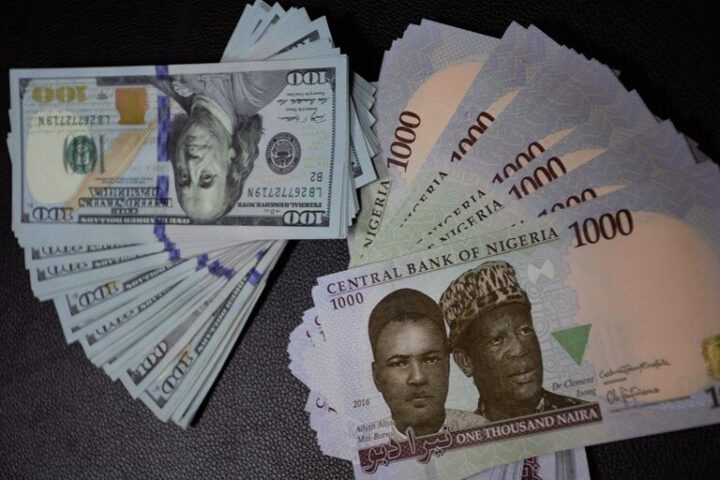Professor AbdulGafar Ijaiya from the Economics Department at the University of Ilorin has recommended that the Nigerian government explore alternative currencies beyond the US dollar for its international trade transactions. This, he suggests, could mitigate the economic challenges arising from the country’s heavy reliance on the dollar and alleviate the impact of exchange rate fluctuations on the economy and its citizens.
Speaking to journalists in Ilorin, Kwara State’s capital in North-Central Nigeria, Professor Ijaiya emphasised the need to reduce dependence on the US dollar, particularly considering that a significant portion of Nigeria’s international trade is conducted with Asian countries, notably China.
He questioned the necessity of going through the dollar market for transactions involving currencies like the Chinese Yuan, which is commonly used for imports from China. Furthermore, he proposed utilising currencies such as the Saudi Riyal for specific transactions, like payments for pilgrimages to Makkah.

Drawing parallels with other nations, Professor Ijaiya highlighted instances where countries have successfully bypassed the US dollar in trade agreements, citing examples such as bilateral currency swap agreements between Saudi Arabia and China.
He recalled Nigeria’s past experiences with alternative trade mechanisms, such as countertrade during the military administration of General Muhammadu Buhari and General Tunde Idiagbon, which contributed to the nation’s economic progress. However, he lamented the abandonment of such policies in favour of programmes like the Structural Adjustment Programme (SAP) introduced during General Babangida’s administration, which exacerbated economic challenges.
Professor Ijaiya stressed the importance of reviving the real sector, including agriculture, mining, and manufacturing, to strengthen Nigeria’s economy. He advocated for greater state and local government involvement in overseeing the mining sector and emphasised the potential for each state to harness its natural resources for economic development if given autonomy over resource management.
Additionally, he underscored the need for improved security measures to support agricultural growth and called for the establishment of more manufacturing industries to add value to Nigeria’s abundant mineral resources.


